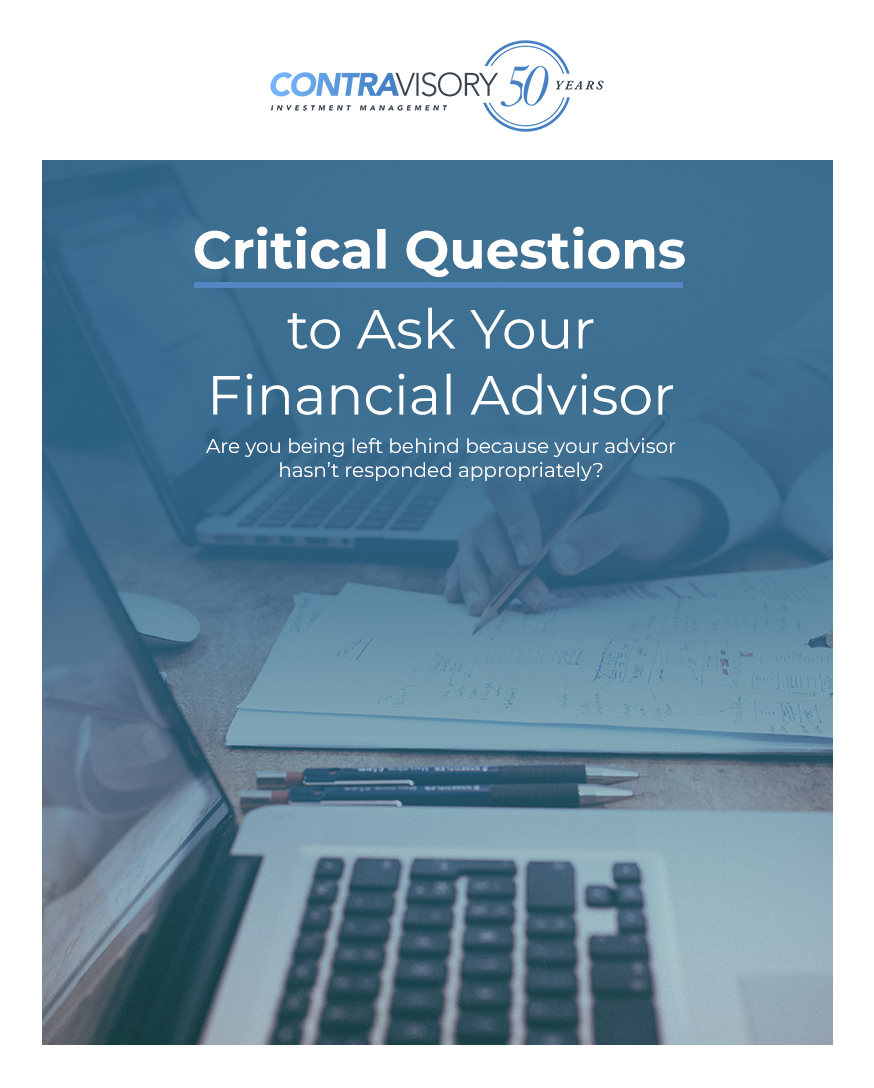
With deference to Stephen King and his horror novel “Misery,” it seemed the only appropriate name for my scrapbook. The “book” started 10 years ago when a famous hedge fund manager massively underperformed the S&P 500. Then it happened again with a well-known mutual fund manager. I sensed there was more to come. Over two, three, five years, the list grew rapidly. As time went by, active underperformance became a “gift” to passive investment firms. One that kept on giving.
Many of these active managers had become billionaires managing money … and yet for the past ten years they, seemingly, all failed. How was that possible? Passive investors claimed it was because of the 1% management fee. To me that was a non sequitur. In 2010 when the S&P 500 was up 15% we were up 30%. It won’t surprise you that no one mentioned the 1% fee. And by the way, when was the last time the less you paid for something, the more valuable you thought it was worth? Never.
The real question is, were these active managers individually responsible for their poor performance over the past ten years? Or were they simply in the wrong place at the wrong time? We all know the importance of timing. Author Malcolm Gladwell points this out in his book “Outliers.” Steve Jobs, Bill Gates et al. were born between 1954 and 1956. If born earlier, they undoubtedly would have thought of computers as mainframes; if much later, they would have missed the personal computer.
The luck of timing is also true in active portfolio management. Underperformance followed the crash of 2008-2009 just as it did in 1929. In 1929, it lasted 12 years. This time, it is 10 years ... so far. Everyone can understand why. It’s analogous to a person in a theater yelling “fire.” Everyone wants to leave and no one wants to go into the theater. In a market crash everyone wants to sell and virtually no one wants to buy. But there is a critical difference between the two crashes. This last one has had passive funds and computers facilitating 100% correlation on the buy side as well.
CORRELATION is the reason active management has underperformed. It is not the 1% fee, nor have portfolio managers suddenly become dumb. Correlation destroys dispersion. Without dispersion, stocks trade as a commodity. Passive investing has definitely contributed to this as it has grown from one trillion to five trillion over the past decade. However, markets exist solely for price discovery. But now passive investing and high-frequency trading are 90% of exchange volume with no price discovery benefit. With little dispersion, you simply have a tradable asset class. Much as hog bellies.
When will this change? For close to 100 years, historical correlation has been 26%. Interest rates are the major determinant in correlation. When rates go higher, dispersion also goes higher and correlation lower. For example, during the period of 1962 to 1981 interest rates went from 4.5% to 20.5%. During that period, the average mutual fund was 3.2% ahead of the S&P 500. It was also a time many active portfolio managers became famous … and very rich. Warren Buffet started Berkshire Hathaway in 1965 and is an example of the time frame. Of course, he is now one of the richest people in the world. What you may not realize is that he hasn’t beaten the S&P 500 for the last 10 years either! So you won’t be too surprised to learn, he is also included in my book of misery.
Francis Patrick Boland
Request Your Free Guide
Ensure your advisor is responding properly to changing market conditions.



